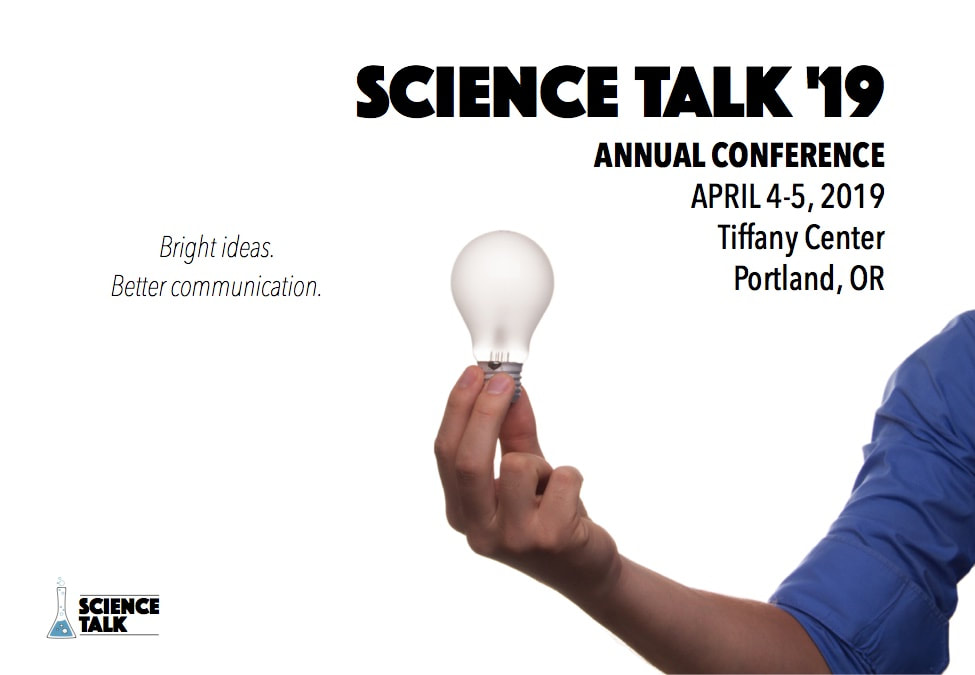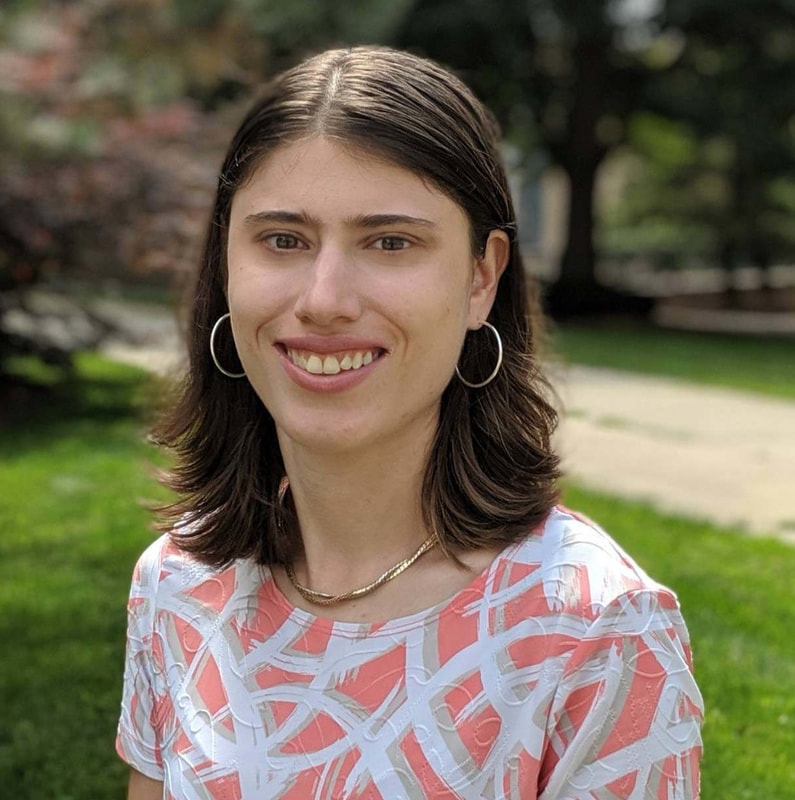
Mixing Unconference Model elements into SCIENCE TALK ’19
Greetings All!
Science Talk wants to be responsive to the needs and interests of our conference attendees. So, this year, we are trying out a new conference organization idea. We hope that the change will address the programming concerns that we and the attendees have voiced and allow everyone to go home feeling satisfied and inspired.
For the past two years, responses to attendee surveys for the very large part have been positive, suggesting people who come to the conference enjoy the programming. However, not all presenters or program sessions have hit the mark as far as content and style. There are a few reasons for this.
First, programming at the annual SCIENCE TALK conference has (so far) been determined by a small group of experienced and connected organizers. This has been fine historically, but it means the programming itself is also limited by the organizers’ network of connections and their ideas. Moving into the future the conference will need new people and new ideas to remain vibrant and valuable.
Which leads to point number two: Science communications is a broad banner that includes many specializations, AND many people at various points in their careers. How does one small conference accommodate everyone?
The answer is by building a community.
Therefore, this year we are changing things up and need our community’s help to create an inclusive event where everyone can be involved and feel enabled for success.
Our new model is a conference-unconference hybrid. It is similar to a traditional conference in that the Programming Committee will continue to organize the overall conference schedule, coordinate details, and invite Keynote speakers. However, like an unconference, the specific programming (the who and the what) is initially up to the people who will come to the conference. This puts the attendee at the center of the conference – you decide what sessions best serve your needs, and together we will create a dynamic program.
Here’s how it will work:
- The Programming Committee determines general scheduling needs (number of workshops, short and long presentations, panels, interactive sessions, posters, etc.).
- August 15th-September 15th, 2018 – SCIENCE TALK ‘19 opens programming proposals to the public. Anyone has the ability to propose a session that will be considered for the conference.
- The Programming Committee determines the feasibility and appropriateness of the various proposals, communicates with proposers if necessary, and arranges them by type and topic.
- September 29-October 8, 2018 – proposals are voted on by the community.
- The Programming Committee takes a look at the winners of the public vote, again communicating with the proposers to make any adjustments if necessary, and curates the final schedule.
- November 1, 2018 – The draft schedule is announced based on this cooperation within the Science Talk community.
Who is involved:
- The Science Talk community – The community knows the craft. The people and ideas that come from the community will shape who we and the conference become.
- The Programming Committee – The organizers have experience to provide valuable feedback to proposers, and to ensure balance in the programming.
We are making this change in the hopes that by opening up the program to proposals from the community new ideas (the best ideas) and people will surface, and keep the conference fresh and exciting to as many as possible. We hope this allows our community to develop and grow in a vibrant and inclusive way that benefits the entire science communications field.
There will be questions. As they come in, we will answer them as best we can and create an FAQ as a resource to everyone.



Leave a Reply